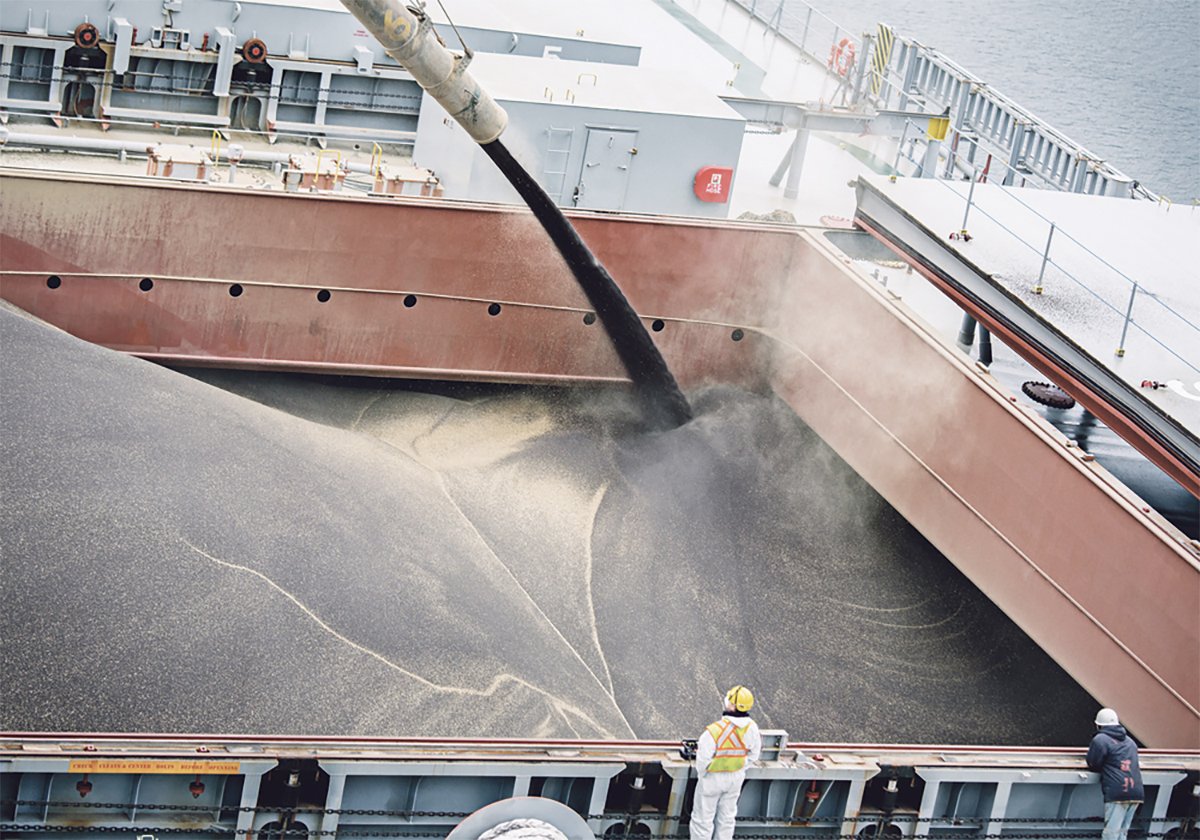The Conservative government’s free trade agenda continues to make its way through the minority Parliament.
On Nov. 2, the House of Commons international trade committee sent a bill back to the Commons for final debate and vote that will authorize the government to implement a free trade deal with Jordan.
On Nov. 3, the trade committee opened hearings on a bill authorizing a free trade deal with Panama.
While neither represents a huge opportunity for Canadian food exports, trade promoters say every small market opening helps.
Read Also

Exports off to a slow start after last year’s torrid pace
Canadian grain, oilseed and pulse exports are off to a slow start, but there are some bright spots, according to the Canadian Grain Commission’s most recent weekly export data report.
The largely non-controversial deal with Jordan offers Canada its first significant window into the Arab Middle East, according to the government. The Jordanian market could become a transit point to sell product into other Middle East countries.
The deal with Panama, while opposed by the New Democratic Party and the Bloc Québecois because of that country’s human rights record and its status as a haven for offshore tax evaders, offers market potential for Canadian agriculture, according to trade minister Peter Van Loan.
Key exports are frozen french fries, lentils, vegetable oil, pork offal and cured pork, althoughbeefexportershopeitwill become a better market for them.
“Tariffs will be lifted immediately on 94 percent of Canada’s agricultural exports to Panama,” he said when the bill was debated in the Commons.
As trade committee hearings began last week, a senior international trade official offered examples of the benefits that would flow to agricultural sectors if they gained tariff-free access.
David Plunkett, the trade department’s chief trade negotiator for bilateral and regional agreements, told MPs that annual tariff savings could be $150,000 on Canadian exports of malting barley, $250,000 for pulse exports and $750,000 for Canadian french fry exports.
New Democrats vowed to oppose the deal, but Gerald Keddy, parliamentary secretary to the federal trade minister, said in committee that more access to Panama’s growing market would be a boon for farmers.
“A 15 percent tariff (reduction) on $10 million worth of product coming from a hundred different farmgates is a substantial amount of money going back per producer,” he said.
“And I think it does make a difference in Canadians understanding what this agreement is all about.”
Plunkett said six percent of the Panamanian agricultural economy would be protected from an end to tariffs.
















